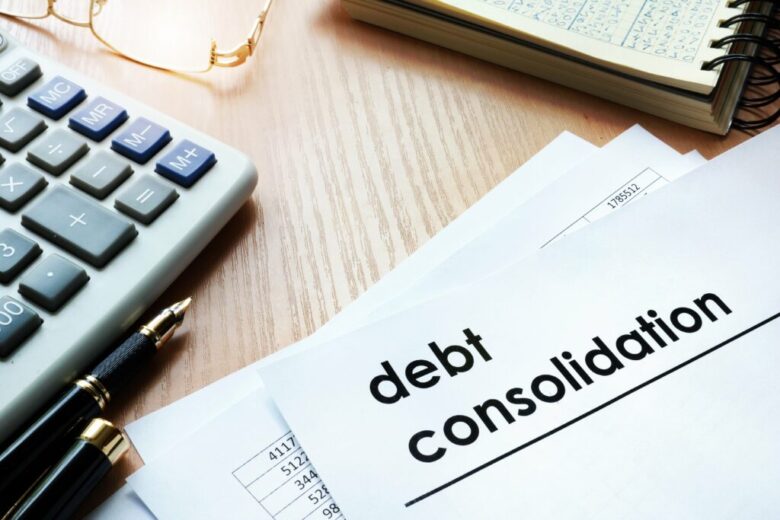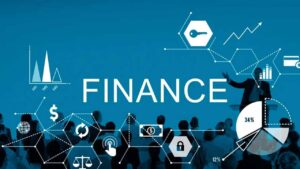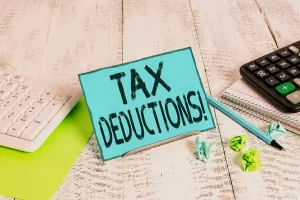Debt consolidation is a financial strategy that can be a lifesaver for individuals with multiple high-interest debts. Whether it’s credit card debt, student loans, or medical bills, the concept of debt consolidation is designed to simplify your financial life and make it more manageable. In this article, we’ll dive into the details of debt consolidation to help you understand the ins and outs of this method of financial stability.
What is Debt Consolidation?
Debt consolidation involves issuing new loans to pay off multiple existing debts. Instead of managing several monthly payments with different interest rates, consolidate them into one loan. This new loan typically offers a lower interest rate, making it easier to pay off your debt over time.
Benefits of Debt Consolidation
- Lower interest rates: One of the main benefits of debt consolidation is the potential for lower interest rates. Credit card debt in particular can carry high interest rates, making it difficult to pay off principal. By consolidating your debts into a single loan with a lower interest rate, you can save money and pay off your debts more efficiently.
- Simplify your finances: Managing multiple debts with different due dates, interest rates, and payment amounts can be overwhelming. Debt consolidation simplifies your financial life by combining everything into one monthly payment, reducing stress and making your budget more manageable.
- Fixed monthly payment: With debt consolidation, you receive a fixed monthly payment. This predictability makes it easier to plan your budget and ensures you aren’t caught off guard by a sudden increase in your minimum payment, as is often the case with credit cards.
- Improve your credit score: Debt consolidation can also help improve your credit score. By paying off existing debt and making consistent payments on new loans, you show credit bureaus responsible financial behavior, which can positively impact your credit score.
How does Debt Consolidation Work?
Debt Consolidation can be Achieved in Several Ways
- Personal Loans: You can take out a personal loan at a lower interest rate than your existing debts and use it to pay off those debts.
- Home Equity Loan or HELOC: If you are a homeowner, you can tap your home equity to get a loan for debt consolidation. These loans often offer a lower interest rate because of the collateral.
- Balance Transfer Credit Cards: Some credit cards offer a great 0% APR on balance transfers. Transferring your high-interest credit card balances to one of these cards can be an effective form of debt consolidation.
- Debt Consolidation Plan: There are professional debt consolidation companies that can negotiate with your creditors on your behalf and develop a repayment plan that works for you.
Secrets to Successful Debt Consolidation
If you think debt consolidation is right for you, here are some tips to ensure your journey to financial freedom is a success:
- Understand the Terms: Read and understand the terms carefully before signing a debt consolidation loan. Be aware of any hidden fees, prepayment penalties, and exact interest rates. It is crucial that you are clear about what you are getting into.
- Create a realistic budget: Debt consolidation can provide temporary relief from your debt burden, but it is crucial to create a budget to manage your finances wisely. Make sure your monthly expenses are reasonable and allocate enough money to cover your consolidation loan payments.
- Avoid taking on new debt: After consolidating debt, it is crucial to avoid accumulating new debt. This may mean closing or putting away your credit card to avoid impulse spending. Focus on paying off existing debt and improving your financial health.
- Build an emergency fund: Life is unpredictable, and even if you consolidate your debts, unexpected expenses can still arise. By setting up an emergency fund, you can avoid adding to your debt if unforeseen circumstances arise.
- Stay committed: Consistency is the key to debt consolidation. Stick to your monthly payment plan and you will see your debt decrease over time. It may take some time, but staying committed is critical to long-term financial success.
Common Misconceptions About Debt Consolidation
- Debt consolidation eliminates your debts: Debt consolidation does not make your debts disappear. It consolidates your debt into one, making it more manageable, but you still have to pay it off.
- Debt consolidation can hurt your credit score: Although your credit score may temporarily drop when you open new credit accounts, the positive impact of paying off debt and making consistent payments can improve your credit score over time.
- Debt consolidation is the same as debt settlement: Debt consolidation is not the same as debt settlement. With consolidation, you only repay the entire amount owed, subject to different conditions. Debt settlement involves negotiating with creditors to pay less than you owe, which can negatively impact your credit score.
Conclusion
Debt consolidation is a valuable tool for individuals who want to regain control of their finances and reduce their debt burden. By understanding the benefits, options, and potential pitfalls associated with debt consolidation, you can make an informed decision about whether it is right for your financial situation.
Remember, while debt consolidation can be an important step toward financial stability, it’s also critical to be disciplined, stick to your commitments, and make responsible financial choices. With the right approach, you can work toward a debt-free future and enjoy the peace of mind that comes with it.
FAQs
1. What is debt consolidation?
Debt consolidation is a financial strategy that involves taking out a new loan to pay off multiple existing debts. The goal is to reduce your debt to a single, more manageable monthly payment, usually at a lower interest rate.
2. What types of debts can be consolidated?
Most types of unsecured debt can be consolidated, including credit card debt, personal loans, medical bills, and student loans. Secured debts, such as mortgages or car loans, are typically not consolidated through traditional debt consolidation methods.
3. How does debt consolidation affect my credit score?
Debt consolidation can have both positive and negative effects on your credit score. When you open a new credit account, your score may initially drop slightly. However, if you make consistent, on-time payments and reduce your debt, your credit score will improve over time.
4. What are the Different Debt Consolidation Methods?
There are many methods of debt consolidation, including personal loans, home equity loans or lines of credit (HELOCs), balance transfer credit cards, and debt consolidation programs. Which method works best for you depends on your financial situation and goals.
5. Is debt consolidation the same as debt settlement?
No, debt consolidation and debt settlement are different. With debt consolidation, you pay back the full amount you owe, but the terms are different. Debt settlement involves negotiating with your creditors to reduce your payments, which can negatively impact your credit score.



